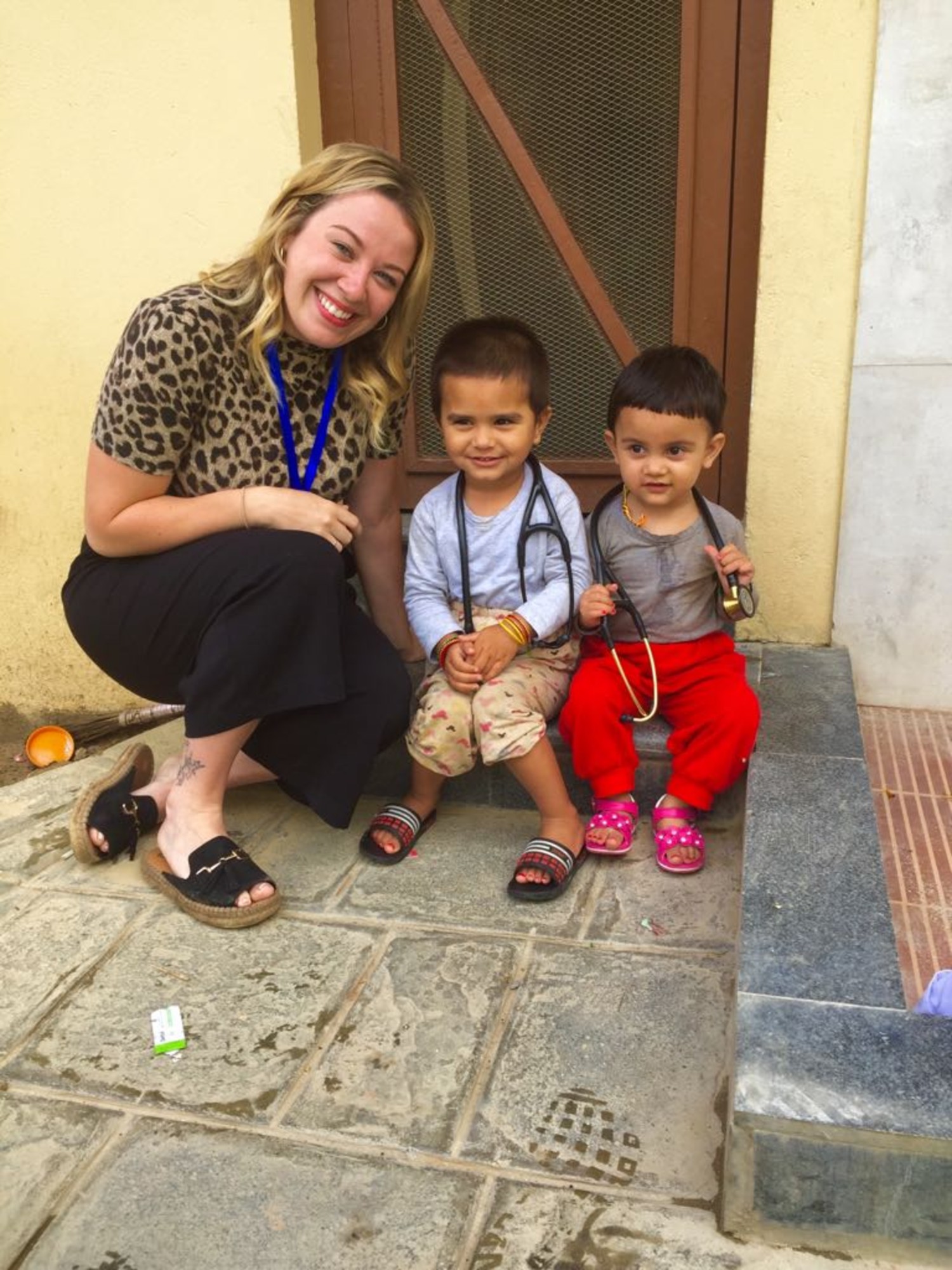
If you’re a physiotherapy student or recent graduate looking to gain global clinical experience, Nepal offers a unique and rewarding destination for your elective placement.
From modern rehabilitation centers in Kathmandu to rural clinics in the Himalayas, physiotherapy medical electives in Nepal combine professional skill-building with cultural immersion.
For international students, it’s more than just a placement — it’s an opportunity to understand physiotherapy in a low-resource setting, work alongside local health teams, and make a tangible difference in patients’ lives.
Nepal’s healthcare landscape offers a mix of challenges and opportunities that make it an excellent choice for physiotherapy electives:
Hands-On Learning: Work with patients recovering from injury, surgery, stroke, or neurological conditions.
Resourceful Practice: Learn to deliver effective care with limited equipment, boosting creativity and adaptability.
Diverse Case Exposure: Treat conditions ranging from musculoskeletal injuries to post-operative rehabilitation.
Cultural Immersion: Experience Nepalese traditions, festivals, and daily life while learning basic Nepali phrases.
Adventure Beyond the Clinic: Trek in the Himalayas, visit UNESCO heritage sites, and explore rural communities.
As an international student, you can choose from a variety of placement options:
Large hospitals often have rehabilitation departments with access to physiotherapy equipment and specialized staff.
Specialized in treating post-surgical patients, spinal cord injuries, and sports injuries.
Rural clinics often integrate physiotherapy into general healthcare, especially for patients with chronic pain or mobility issues.
Work with organizations bringing physiotherapy to underserved and remote areas.
While your exact role will depend on your qualifications and placement, typical activities include:
Observing and assisting local physiotherapists.
Guiding patients through mobility exercises.
Assisting with stroke rehabilitation and post-operative recovery.
Participating in community awareness programs about injury prevention and physical health.
Learning to adapt exercises using locally available tools.
Most programs require that you:
Be Enrolled in or Have Completed a Recognized Physiotherapy Program – Undergraduate, graduate, or diploma level.
Provide Academic Documentation – Transcripts, proof of enrollment, and a reference letter.
Have Basic English Communication Skills – While English is common in hospitals, learning some Nepali helps in patient interactions.
Meet Health Requirements – Vaccinations, travel insurance, and medical clearance.
International physiotherapy interns generally enter Nepal on:
Student Visa – If the elective is part of your academic program.
Volunteer Visa – For placements arranged through NGOs or community projects.
Tourist Visa with Special Permission – In some short-term placements.
Always confirm visa details with the Nepal Immigration Department or your placement provider before traveling.
Short-Term Placements: 2–6 weeks (ideal for semester breaks).
Long-Term Placements: 2–6 months for comprehensive experience.
Estimated Costs:
Program fees: USD 300–1200 (varies by provider and duration)
Accommodation: USD 100–400/month
Food & transport: USD 150–300/month
Visa fees: USD 30–125 depending on stay length
Cross-Cultural Competence: Learn to communicate and provide care in a multicultural, multilingual setting.
Professional Growth: Exposure to conditions and treatment challenges you might not see at home.
Networking: Build relationships with local physiotherapists, hospital staff, and international peers.
Personal Development: Improve adaptability, empathy, and problem-solving skills.
Resource Limitations: Be prepared to use creativity when equipment is limited.
Language Barriers: Learn basic Nepali phrases to connect with patients.
Cultural Differences: Respect local customs and patient privacy norms.
Choose a Placement Provider – Universities, NGOs, or volunteer organizations.
Prepare Your Application – Include a CV, proof of enrollment, transcripts, and references.
Secure Your Visa & Insurance – Ensure your travel insurance covers clinical placements.
Plan for Cultural Adjustment – Read about Nepalese culture and healthcare practices before arrival.Final Word:
A physiotherapy medical elective in Nepal is a chance to learn, adapt, and grow — both as a healthcare professional and as a person. From working in busy rehabilitation departments to bringing mobility care to rural communities, your contribution will have a lasting impact, and the lessons you take home will stay with you for life.